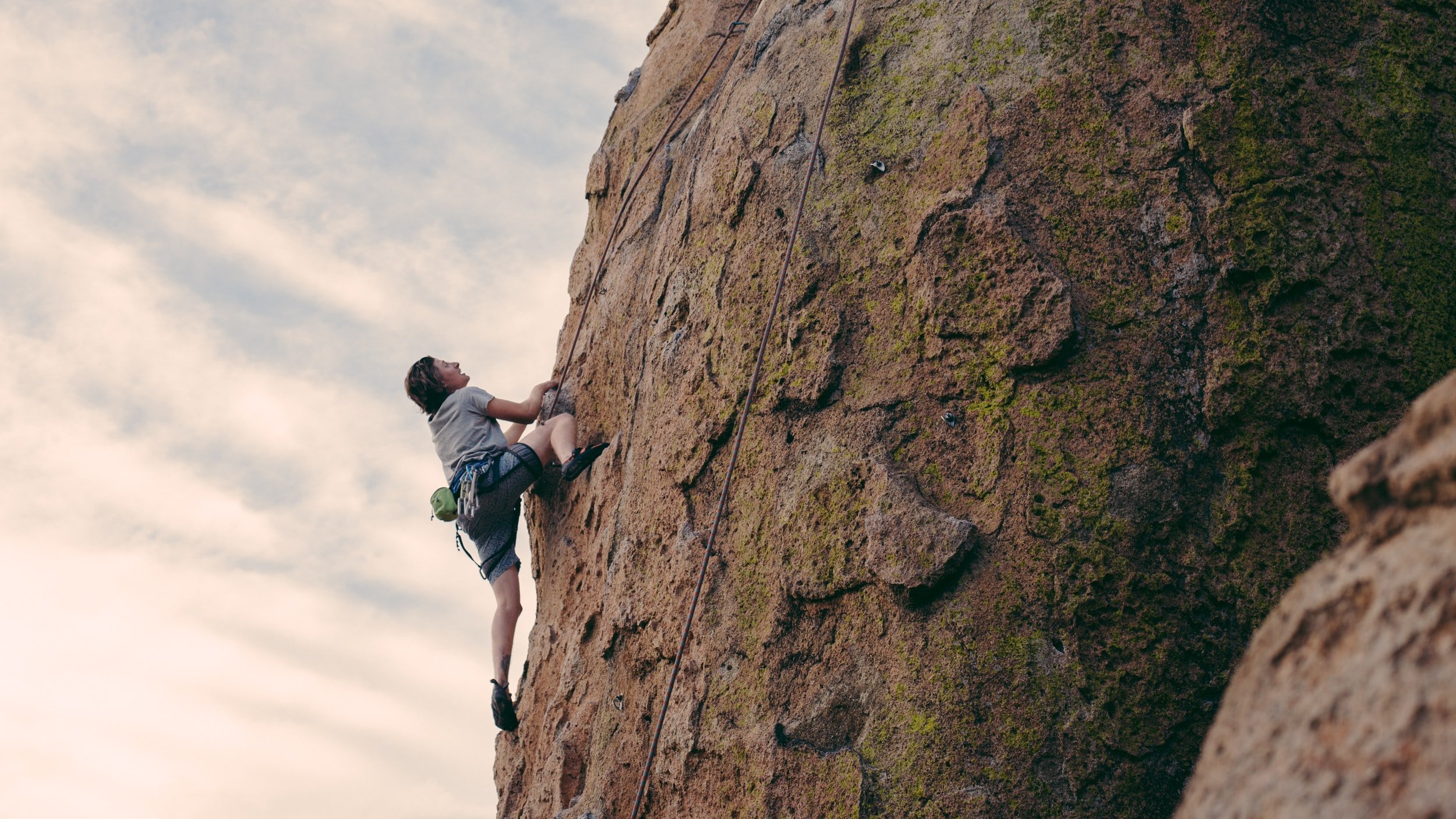
How to Stay Healthy, Part 1: REST
When we get sick our body sends signals that it is time to rest. We don’t have much energy, we can’t do our usual activities, we need to sleep more. If we look at it from the outside—say if you were looking at another person who is “resting”—we might conclude that resting consists of not doing anything. This goes along with the saying “Rest is rust.” That outside view can make us think that stopping activity is bad, a loss or a waste, even make us feel guilty for slowing down.
But what about from the inside? Is resting just about being lazy? No. Consider sleep. Sleep provides the primary time for repair and recovery. Instead of our energy being directed to outside activity and outside impressions, during sleep (and intentional rest), our forces are redirected inward. If we don’t get sufficient rest then we may lose track of how we are doing inside.

What is the Best Diet (for cancer)?
This comes up as an important question when people are trying to heal a tumor. Cancer is an illness that seems to magnify the importance of many of the questions and concerns that people have all of the time. It occasions extra consciousness, for we want to really be aware of what we are doing and the possible consequences. We are forced to reconsider many of the things we have previously done out of habit or convenience, and whether we should continue them or make a change. In terms of diet and cancer it is very clear that we need to choose things that support good vitality and that nourish us, and that we need to avoid things that are burdensome and depleting. Here is a brief list of several of the common themes that emerge in discussions about diet and cancer, with some introductory insights:

Sensing Like the Heart
Feel your heart. Stop, pause for a moment and see if you can sense the rhythmic beating of your heart. It is an amazing organ because it is in constant movement, so flexible and mobile that the moment you say “there, now it is contracting” it has actually already started expanding, and by the time you say it is relaxing it has again started squeezing. The heart creates an tremendous organic activity—it is not so much a pump as a physiologic archetype of balance—faithfully and continuously working through our whole lifetime, steady, steady, steady (can you imagine carrying out the same activity for 70, 80, 90 years?), yet simultaneously so dynamic that it never really rests. Because of these dueling activities it is hard to capture the essence of the heart in a single work or image; there are too many aspects.

Getting Unstuck, Part 1: How a Homeopathic Remedy Can Help
Been stuck recently? Seems to be going around. It’s not necessarily bad as long as it doesn’t become a way of life, though it usually does last longer than we feel comfortable with. But it has its place. Take breathing as an example. There is that place in your breathing, where you have taken in a full breath, but not yet started to release the air. Do you know that place? And it feels like nothing is happening, but there is something happening—a change in activity is coming (from in-breathing to out-breathing). And while the natural world around us these days is bursting into new activity, the human process for change seems to lag behind this time of year. Why? Well, when the winter comes and brings cold temperatures and long nights, we all naturally breathe in. It feels really good to breathe in at that time. Fall, the winter holidays, and the changing of the year bring an inwardness that feels really good. It's nice to be cozy inside, light candles in the darkness, and devote time to our family life, our community life, and our inner life. It is in fact true that the deepest winter nights are a potent time to come into a purer relationship to our inner intentions and our spirituality. We can connect better to our higher self and find inspiration for the coming year during that time….

Strengthening our Vitality During Cold and Flu Season
This winter has been tough, with a lot of people experiencing a wide variety of colds, flu, bronchitis, you name it! One method to try to avoid getting sick is to stay away from anyone that is sick (which unless you are a hermit in a cave is pretty challenging). A different approach is to say: well, when I get sick my body makes me do certain things, and one of them is to slow down. Indeed, having to lie in bed for a week is an effective way to slow down, but one that most of us would rather avoid. We can influence our health by remembering that very many people find they get sick when they have been over-extending themselves—trying to cram in too much into too little time. They have gotten “toxic” (think of work deadlines, studying for final exams, travel with disrupted sleep and eating rhythms). And a process of inflammation makes us slow down and simplify (whether we want to or not), and cleanses the body.